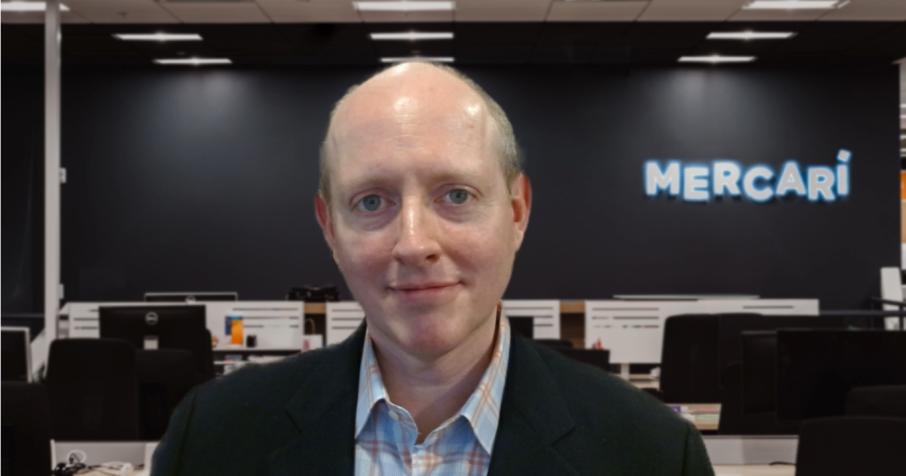
2024 marks the 10th year of the establishment of Mercari, Inc. in the US (“Mercari US”). Just like its counterpart in Japan (“Mercari JP”), Mercari US has a Public Policy Team too. For this article, we spoke with Tim Carey, the director of the Public Policy Team at Mercari US, about his work .
Read the Japanese version here:
-------------------------
Q: Tim, can you first tell us the story of how you joined Mercari US?
Mercari, Inc. (US) Public Policy Director Tim Carey: I joined Mercari US at the end of 2020 and am currently the director of U.S. Public Policy. Prior to joining Mercari, I was working in Washington D.C. for a long time. After graduating from university, I joined the US House of Representatives in 2002 and rose to become a Legislative Director. For most of my ten years in the House of Representatives, I was in charge of different types of matters. After the 2008 financial crisis, however, I had to focus on proposing public policies about financial services. I have many memories from the times we established the Dodd-Frank Act and the Consumer Financial Protection Bureau (CFPB) in response to the crisis. I also had experience working within the Department of Transportation and the Federal Retirement Thrift Investment Board while I was pursuing my law and business degrees.
Q: You transferred to the private sector after working for the government for approximately ten years. How did you make that decision, and what was your career after that?
Tim: After the House of Representatives, I joined a consulting firm and served as a bridge between the government and many private corporations. I often visited Congress and directly discussed matters with representatives and policymakers. When a new Act or system was being made, I would explain my client’s positions and try to interpret how the law or system may or may not affect business. To every representative I talked to, I clarified my position on whether I support the proposal, or try to encourage them to make changes to better suit the businesses of my clients.
Q: After eight years in the consulting firm, you joined Mercari US.
Tim: Yes. Mercari’s awareness has really grown in the US, so I was very much excited about joining the company. I also found Mercari Group’s mission of “Circulate all forms of value to unleash the potential in all people” resonated with me. Moreover, I felt great potential in Mercari’s sustainability efforts and the business model of allowing people to turn their no-longer-necessary belongings into income.
Developing a business like Mercari’s in the US requires discussions with various government institutions, such as the Federal Trade Commission Office of Technology, CFPB, and the government of each state. This is because all 50 states of the US have a vested interest in Mercari’s business. The US is a federal constitutional republic, unlike Japan. Each state has its own legislation about operating businesses, so dialogue with the federal government is not enough on its own. Our public policy efforts help both the state and federal governments understand the way in which proposed legislation will impact the industry and the general public. As a result, the past few years have been intensely busy, but very exciting at the same time.
Q: There aren’t many companies in Japan with established public policy teams in the first place. How is it in the US?
Tim: I think it is common for US-based companies to establish public policy teams in charge of government relations. All companies have to be aware of existing laws and ordinances if they want to grow, as public policies have a major impact on the growth of businesses and corporations.
Dialogue between companies and the government is beneficial to both sides. Such dialogue is, of course, advantageous to companies but it is also important for policymakers to understand how the businesses they aim to regulate may be affected by their decisions. That is why dialogue between policymakers and companies that understand the business well leads to better policies for everyone.
Q: Would you say that most people involved in public policy work and/or lobbying are Congress alumni such as yourself?
Tim: I would think so. Our role is to be a bridge between business experts and policymakers. Naturally, it is a plus to have experience working in the government and to understand how legislation will be updated. It makes the paperwork easier too. If we focus on our role as a pipeline between the government and the business, and “translate” the impact of laws for top management to understand, they will be able to focus on their own work instead.
Continued in Part 2
